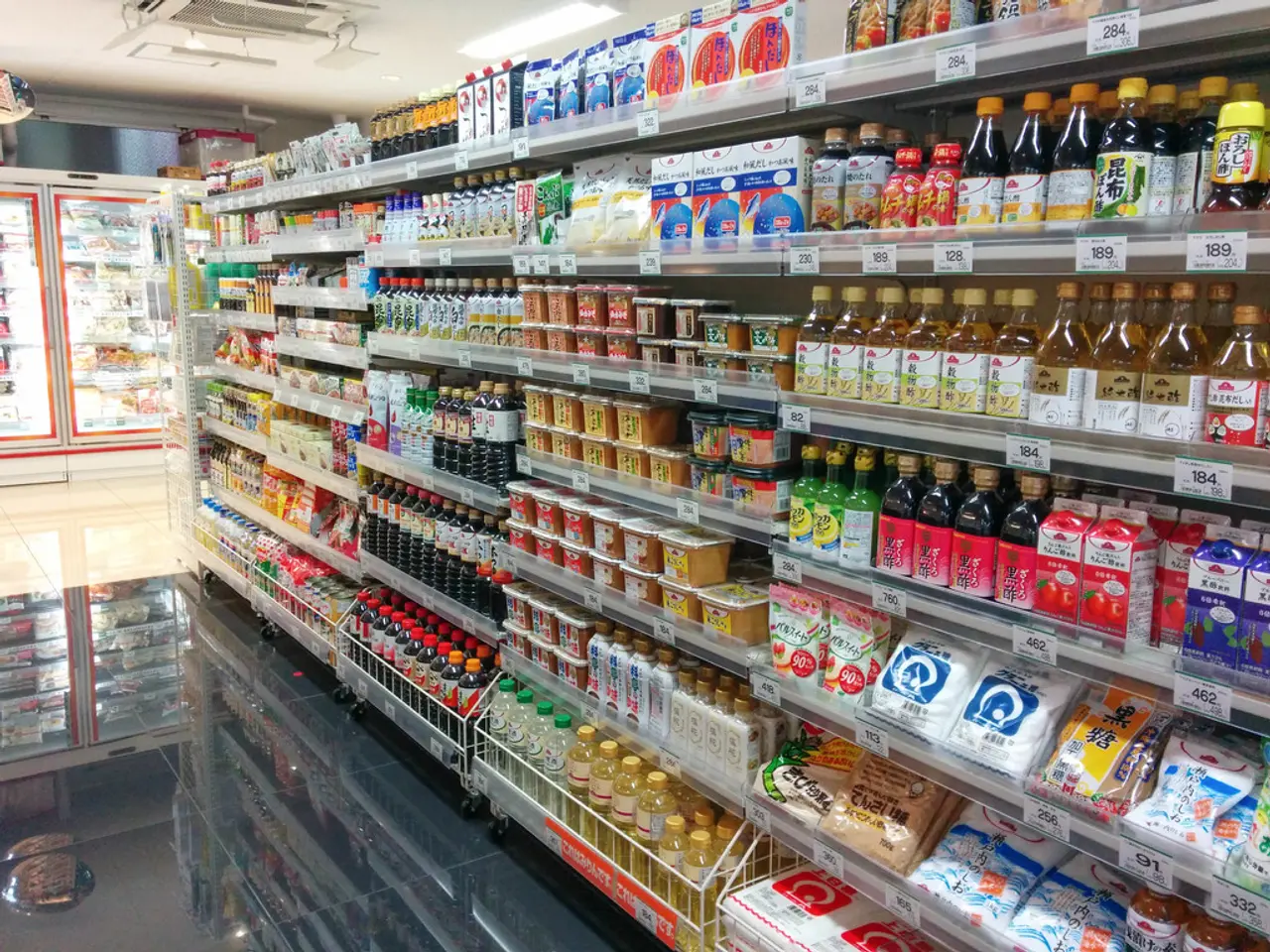Delivery apps in Kuwait place pressure on eateries and increase food costs for customers
In the heart of Kuwait, a new trend is emerging in the food industry - cloud kitchens. These facilities, dedicated solely to preparing food for delivery, have been on the rise in recent years. With the online food delivery market valued at $880 million in 2024 and projected to reach $1.43 billion by 2032, it's no wonder that these kitchens are becoming increasingly popular.
However, the rapid digitization of the market has been met with a slow enforcement of Kuwaiti competition laws. This has allowed delivery platforms to operate with near-monopoly power, dictating terms to both restaurants and customers.
A significant concern for restaurant owners is the high commissions charged by these platforms. In Kuwait, food delivery apps can take more than a quarter of each bill, leaving restaurants with shrinking margins and customers facing higher prices. The global norm for commissions is 10 to 15 percent, whereas in Kuwait, it is higher at 25 to 30 percent.
This issue has led some restaurant owners to explore alternatives, such as cooperative delivery services and in-house fleets. They argue that these solutions could help address the high commissions and provide a fairer distribution of profits.
The food delivery apps, which have grown into dominant players in the dining economy, are not without criticism. Industry insiders say the current imbalance in the sector is unsustainable. The platforms contribute no capital investment but claim a cut from every order, making them an "obligatory partner" for many restaurants.
The rise of cloud kitchens signals a strategic shift toward faster, more flexible service models. However, the surge in online food orders, with more than 2.6 million a month by the end of 2024, has put pressure on these kitchens to maintain quality while keeping costs low.
The Kuwaiti competition laws prohibit price manipulation and monopolistic practices, but enforcement has lagged behind the market's rapid digitization. Some restaurant owners are calling for caps on commissions, greater contract transparency, and collective bargaining to pressure apps into fairer terms.
The food delivery platform with the highest market share in Kuwait is Talabat, whose commission fee per order typically ranges from 15% to 30%, depending on the agreement with restaurants. Despite the high commissions, Talabat continues to dominate the market, highlighting the challenge faced by smaller players and independent restaurants.
As the food delivery market in Kuwait continues to evolve, it will be interesting to see how the balance of power shifts between delivery platforms, cloud kitchens, and traditional restaurants. The struggle for fair competition is far from over.
Read also:
- visionary women of WearCheck spearheading technological advancements and catalyzing transformations
- Recognition of Exceptional Patient Care: Top Staff Honored by Medical Center Board
- A continuous command instructing an entity to halts all actions, repeated numerous times.
- Oxidative Stress in Sperm Abnormalities: Impact of Reactive Oxygen Species (ROS) on Sperm Harm








